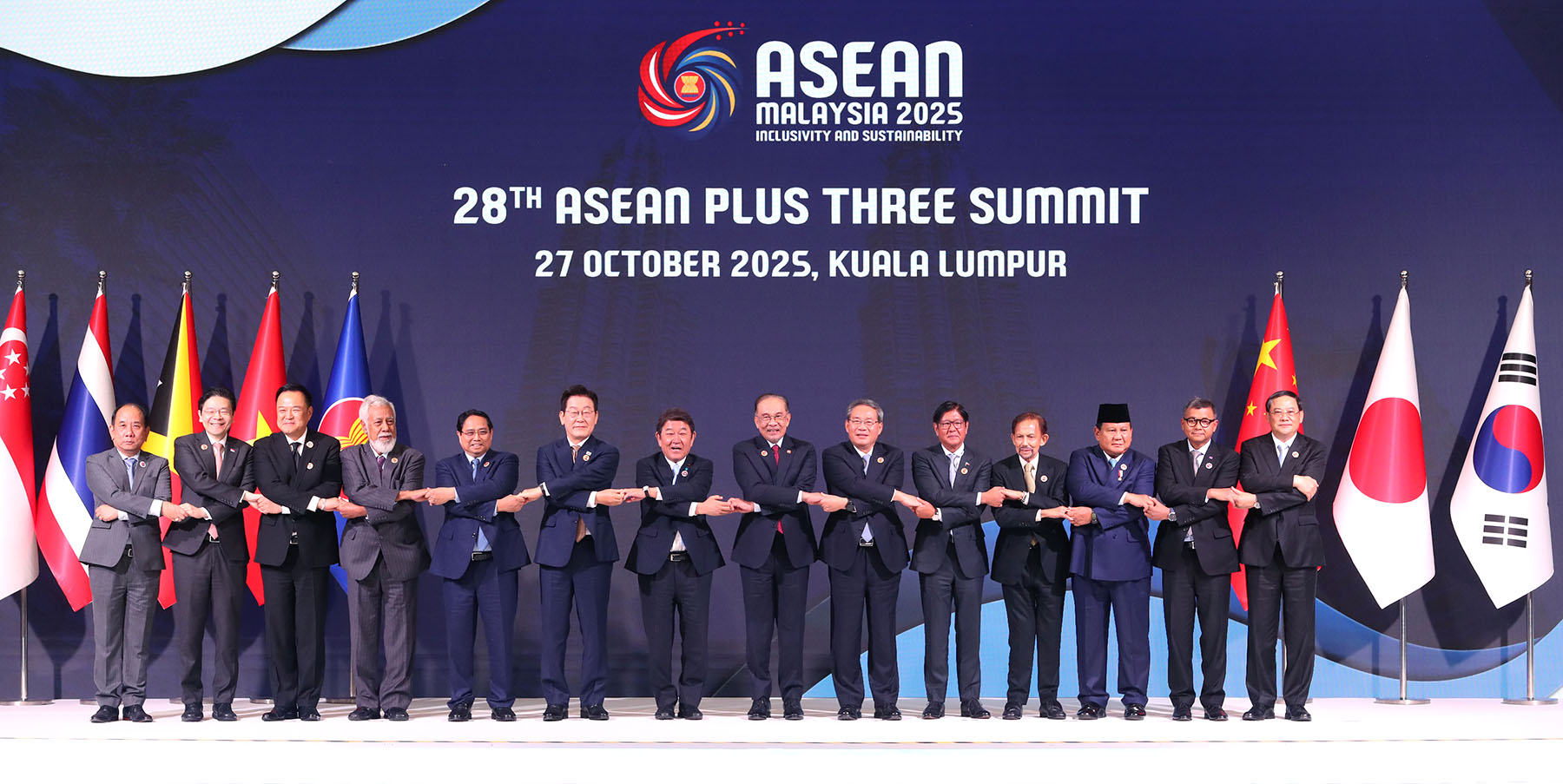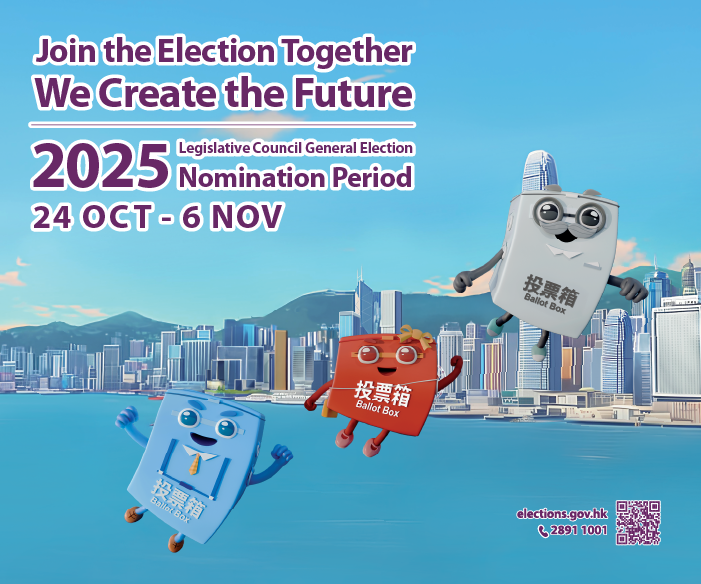At meetings in KL, premier reaffirms China’s readiness to work with all to uphold free trade

Premier Li Qiang has warned of the risks arising from mounting unilateralism and protectionism, and called for joint efforts to foster an environment conducive to regional development and safeguard peace and stability in East Asia.
Li made the remarks on Oct 27 when attending the 28th ASEAN Plus Three Summit, the 5th RCEP Leaders’ Meeting and the 20th East Asia Summit, all of which were held in Kuala Lumpur, Malaysia.
At the ASEAN summit, which gathered leaders from member states of the Association of Southeast Asian Nations, as well as China, Japan and the Republic of Korea, Li called for upholding openness and cooperation while addressing the growing challenges and the increasing uncertainty and instability that the East Asian economy is facing.
He urged all parties to remain committed to properly resolving differences through dialogue and consultation, jointly uphold free trade and the multilateral trading system, oppose protectionism in all forms, and consistently advance the integration process of the regional economy.
Emphasizing the need to intensify industrial and supply chain cooperation, he expressed China’s readiness to work with all parties to strengthen regional economic and financial collaboration.
Leaders from participating countries acknowledged the significant role of the ASEAN Plus Three cooperation mechanism in addressing challenges and promoting development.
At the Regional Comprehensive Economic Partnership (RCEP) meeting, Li highlighted the rise of unilateralism and protectionism as significant risks to the region.
He called for accelerating the expansion process of the RCEP, and supporting applicants such as China’s Hong Kong Special Administrative Region in joining.
As the world’s largest free trade agreement, the RCEP covers 10 ASEAN member states as well as China, Japan, the ROK, Australia, and New Zealand. In January 2022, Hong Kong SAR formally applied.
While urging the RCEP members to safeguard the multilateral trading system, Li reaffirmed China’s commitment to ASEAN’s centrality in the agreement, and expressed the country’s willingness to work with all parties to uphold true multilateralism and maintain the stability of the regional multilateral trading system.
Leaders from participating countries of the RCEP acknowledged the increasing global economic instability and the challenges facing the multilateral trading system. They emphasized the need to strengthen the cooperation mechanism, promote membership expansion and achieve substantial outcomes in trade, investment, innovation, and the digital economy.
Addressing the 20th East Asia Summit, Li said that economic globalization and multipolarization are irreversible, and called for firm actions to safeguard a free trade system and strive to build a high-level regional free trade network.
He emphasized that the world should not return to the law of the jungle, where the strong bully the weak, saying that the more turbulent the international situation becomes, the more important it is to uphold the authority of the international rule of law.
On Oct 27, the premier also held separate meetings with Australian Prime Minister Anthony Albanese and European Council President Antonio Costa in Kuala Lumpur.
During his meeting with Albanese, Li voiced China’s readiness to maintain strategic communication with Australia, expand mutually beneficial cooperation and keep working together to build a more mature, stable and productive China-Australia comprehensive strategic partnership.
China will continue to support more competent Chinese firms in investing in Australia, Li said.
Albanese said that his country is committed to promoting mature and stable development of bilateral relations. Australia stands ready to enhance high-level exchanges and dialogue at all levels with China, deepen mutual understanding, properly manage differences and expand cooperation in fields such as trade, the green economy and minerals, he said.
When meeting with Costa, Li said that China stands ready to work with the EU to promote the resolution of issues in economic and trade cooperation on the basis of equality and mutual respect, and through dialogue and consultation as well as mutual understanding and accommodation.
Li expressed the hope that the EU side will provide a fair, just and nondiscriminatory business environment for Chinese companies operating in Europe.
Costa said the EU is willing to maintain high-level exchanges with China, properly address each other’s concerns and promote practical cooperation.



